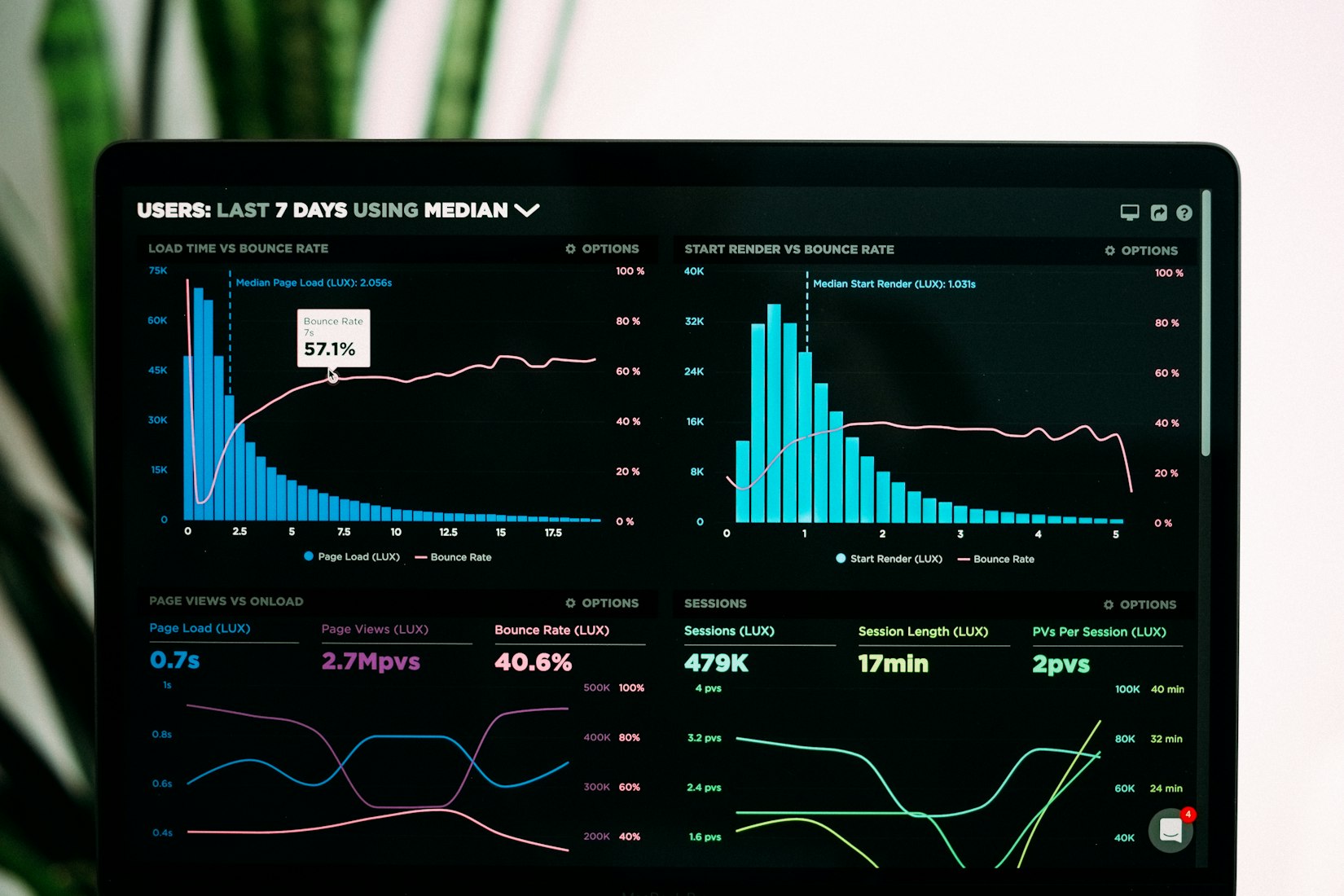
When and Why You Should Use Data:
Remember: Data alone can't make the argument for you. Treat data as evidence that requires interpretation. Data is only as good as the people who create it, the quality of their work, and how well they relay their personal or organizational bias.
Need to find data? Use the following databases to find statistics on a variety of topics across time and place.
Need to find public opinion polls? Use the following databases to find polling data on a variety of topics across time.
Note: Temple users must access the Roper platform by creating an iPoll account using their @temple.edu email. Go to Log In --> select Your Affiliation (Temple University) --> Register or Sign In to Roper iPoll account.
Roper iPoll is provided by the Roper Center for Public Opinion Research at Cornell University and offers public opinion poll data from 1935 to the present. iPoll contains nearly 800,000 questions and over 23,000 datasets from both U.S. and international polling firms. Surveys cover any number of topics including, social issues, politics, pop culture, international affairs, science, the environment, and much more. When available, results charts, demographic crosstabs and full datasets are provided for immediate download.